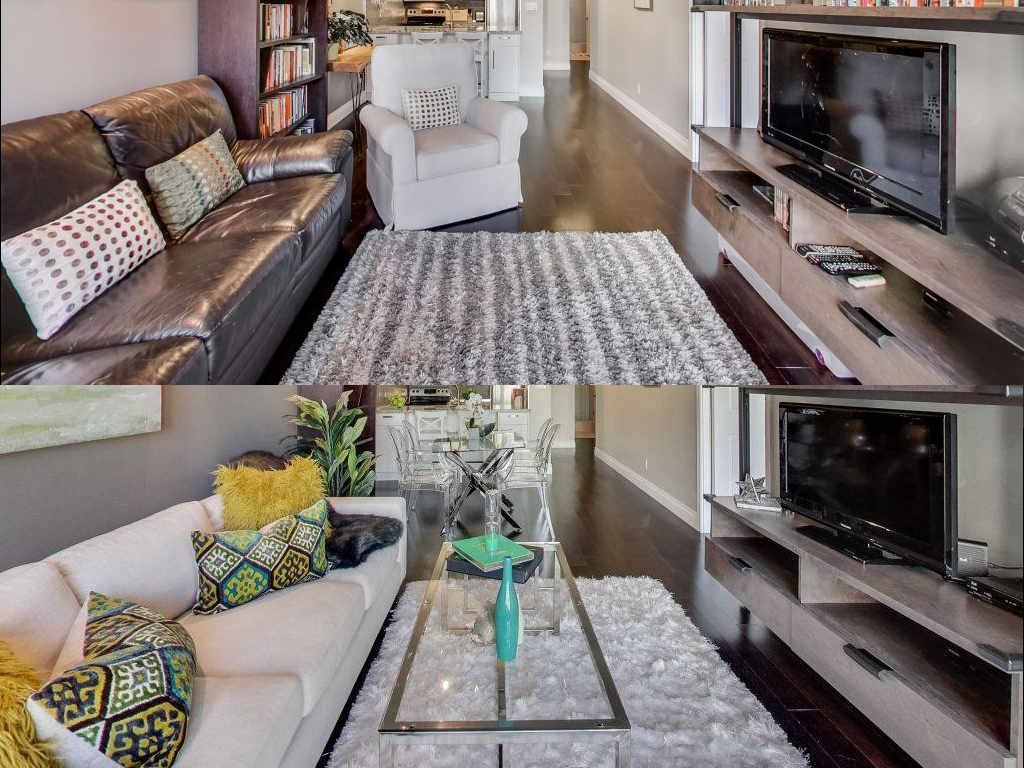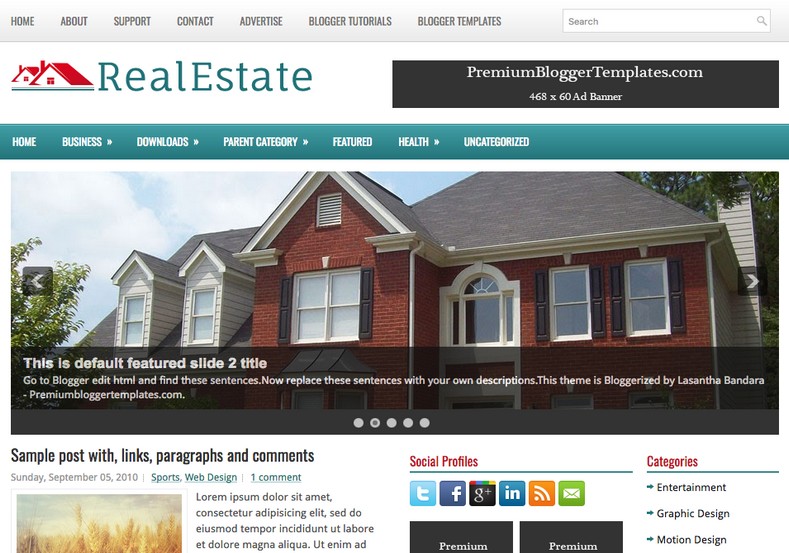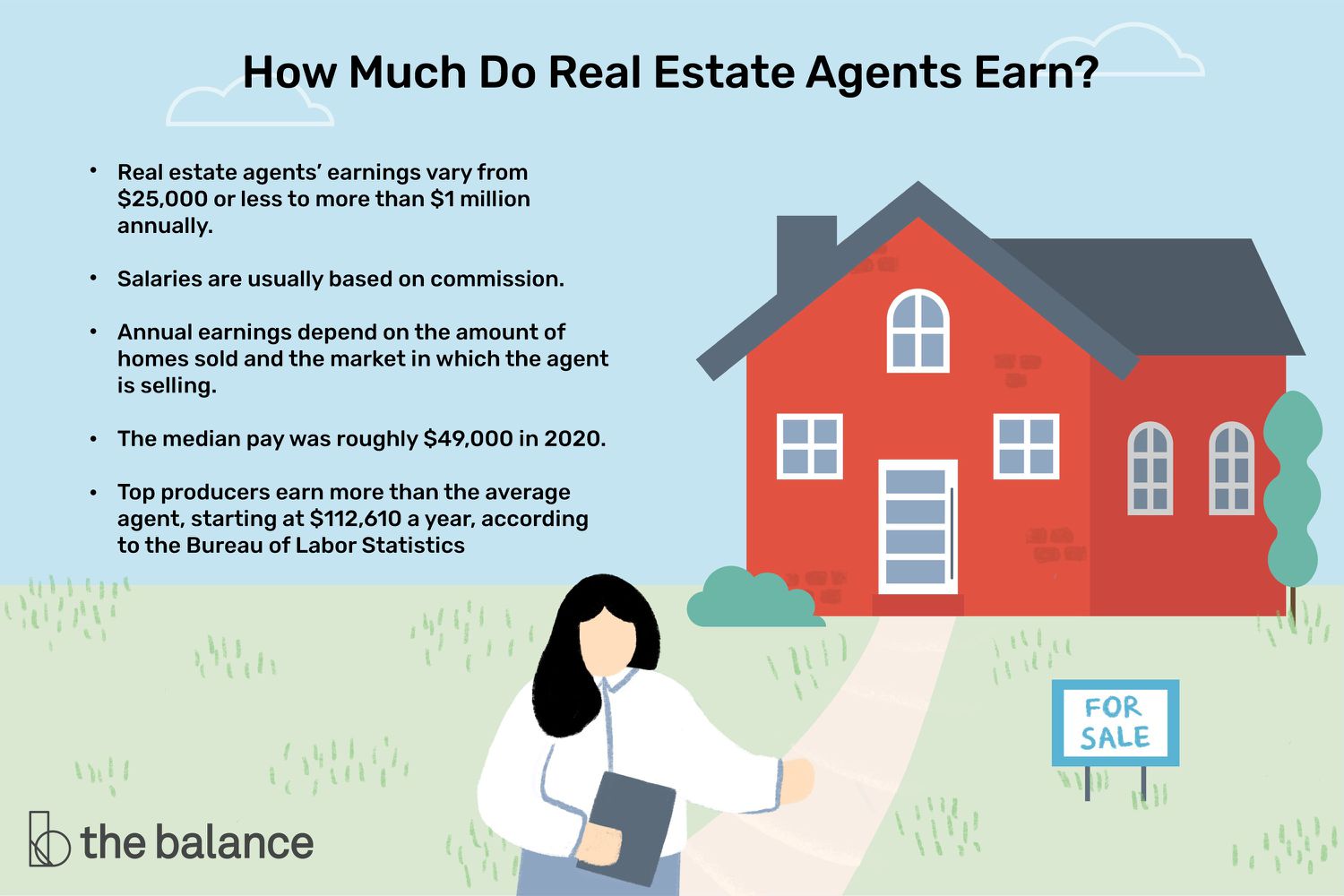
What Can a Real Estate License Do for You?
If you have ever wanted to become an agent in real estate, there are many benefits to getting your own license. It is a great way to earn extra income and develop your career. You should understand, however, that you will need to make some initial monetary and/or time investments. Also, consider the cost to take classes in order to obtain your real-estate license as well as the broker fees and marketing costs.
The most common reason people seek out a license in real estate is to make more money. A real estate license can help you become more profitable as an investor, as well as provide you with a higher level of education and skill.
A real estate license will not only help you generate additional revenue but it can also help build a reputation in the industry that will help you stand out from your peers. It will also allow you to make connections with other agents in the industry which will make it easier to close deals.

A realty license permits you to buy or rent property in the jurisdiction where you are licensed. Typically, you'll need to pass the exam to become licensed in your state. This can vary based on the state you live in and may include additional requirements like completing courses or passing a background check.
Obtaining a license can take anywhere from a few days to several months, depending on the state you live in. You will need to pass the state exam and complete the pre-license education requirements. Online courses are available in some states. This will allow you to finish the requirements quicker.
For licensure in your state, you must complete at least 75 hours worth of real estate education. You can also go to an accredited college or learn online. The online course is self-paced and includes practice exams and flashcards.
Many schools offer a guarantee that your exam will pass on the first attempt. This is a great way boost your confidence to get started in a real estate career.

Building a Professional Network
A real estate license is often the first step in a new, successful career. You can also use your license for networking with other real-estate agents, investors, clients, and others in your community. This could open up new avenues and result in more lucrative deals.
Being a licensed real agent means you have access to the MLS (the actual estate listing database). This can be an enormous asset for investors looking for the best possible properties at the cheapest prices.
FAQ
How long does it usually take to get your mortgage approved?
It all depends on your credit score, income level, and type of loan. It usually takes between 30 and 60 days to get approved for a mortgage.
What should I do before I purchase a house in my area?
It all depends on how long your plan to stay there. If you want to stay for at least five years, you must start saving now. But if you are planning to move after just two years, then you don't have to worry too much about it.
Is it cheaper to rent than to buy?
Renting is generally less expensive than buying a home. But, it's important to understand that you'll have to pay for additional expenses like utilities, repairs, and maintenance. You also have the advantage of owning a home. You will be able to have greater control over your life.
Should I use an mortgage broker?
If you are looking for a competitive rate, consider using a mortgage broker. A broker works with multiple lenders to negotiate your behalf. However, some brokers take a commission from the lenders. Before signing up, you should verify all fees associated with the broker.
How do I know if my house is worth selling?
Your home may not be priced correctly if your asking price is too low. If your asking price is significantly below the market value, there might not be enough interest. Our free Home Value Report will provide you with information about current market conditions.
Statistics
- This seems to be a more popular trend as the U.S. Census Bureau reports the homeownership rate was around 65% last year. (fortunebuilders.com)
- Private mortgage insurance may be required for conventional loans when the borrower puts less than 20% down.4 FHA loans are mortgage loans issued by private lenders and backed by the federal government. (investopedia.com)
- The FHA sets its desirable debt-to-income ratio at 43%. (fortunebuilders.com)
- Over the past year, mortgage rates have hovered between 3.9 and 4.5 percent—a less significant increase. (fortunebuilders.com)
- 10 years ago, homeownership was nearly 70%. (fortunebuilders.com)
External Links
How To
How to Manage a Rental Property
Although renting your home is a great way of making extra money, there are many things you should consider before you make a decision. We will show you how to manage a rental home, and what you should consider before you rent it.
This is the place to start if you are thinking about renting out your home.
-
What are the first things I should consider? Before you decide if you want to rent out your house, take a look at your finances. You may not be financially able to rent out your house to someone else if you have credit card debts or mortgage payments. Check your budget. If your monthly expenses are not covered by your rent, utilities and insurance, it is a sign that you need to reevaluate your finances. This might be a waste of money.
-
How much will it cost to rent my house? It is possible to charge a higher price for renting your house if you consider many factors. These factors include your location, the size of your home, its condition, and the season. Remember that prices can vary depending on where your live so you shouldn't expect to receive the same rate anywhere. Rightmove shows that the median market price for renting one-bedroom flats in London is approximately PS1,400 per months. If you were to rent your entire house, this would mean that you would earn approximately PS2,800 per year. While this isn't bad, if only you wanted to rent out a small portion of your house, you could make much more.
-
Is this worth it? Doing something new always comes with risks, but if it brings in extra income, why wouldn't you try it? Be sure to fully understand what you are signing before you sign anything. Not only will you be spending more time away than your family, but you will also have to maintain the property, pay for repairs and keep it clean. These are important issues to consider before you sign up.
-
Are there any benefits? Now that you have an idea of the cost to rent your home, and are confident it is worth it, it is time to consider the benefits. Renting your home is a great way to get out of the grind and enjoy some peace from your day. No matter what your choice, renting is likely to be more rewarding than working every single day. Renting could be a full-time career if you plan properly.
-
How do I find tenants? After you have decided to rent your property, you will need to properly advertise it. You can start by listing your property online on websites such as Rightmove and Zoopla. Once you receive contact from potential tenants, it's time to set up an interview. This will help you evaluate their suitability as well as ensure that they are financially secure enough to live in your home.
-
How do I ensure I am covered? If you're worried about leaving your home empty, you'll need to ensure you're fully protected against damage, theft, or fire. Your landlord will require you to insure your house. You can also do this directly with an insurance company. Your landlord will usually require you to add them as additional insured, which means they'll cover damages caused to your property when you're present. However, this doesn't apply if you're living abroad or if your landlord isn't registered with UK insurers. In such cases, you will need to register for an international insurance company.
-
Sometimes it can feel as though you don’t have the money to spend all day looking at tenants, especially if there are no other jobs. However, it is important that you advertise your property in the best way possible. You should create a professional-looking website and post ads online, including in local newspapers and magazines. Also, you will need to complete an application form and provide references. Some people prefer to do everything themselves while others hire agents who will take care of all the details. You'll need to be ready to answer questions during interviews.
-
What should I do after I have found my tenant? If there is a lease, you will need to inform the tenant about any changes such as moving dates. Otherwise, you can negotiate the length of stay, deposit, and other details. You should remember that although you may be paid after the tenancy ends, you still need money for utilities.
-
How do I collect my rent? When it comes time for you to collect your rent, check to see if the tenant has paid. If they haven't, remind them. Before you send them a final invoice, you can deduct any outstanding rent payments. You can call the police if you are having trouble getting hold of your tenant. They will not usually evict someone unless they have a breached the contract. But, they can issue a warrant if necessary.
-
How do I avoid problems? You can rent your home out for a good income, but you need to ensure that you are safe. Ensure you install smoke alarms and carbon monoxide detectors and consider installing security cameras. It is important to check that your neighbors allow you leave your property unlocked at nights and that you have sufficient insurance. You must also make sure that strangers are not allowed to enter your house, even when they claim they're moving in the next door.